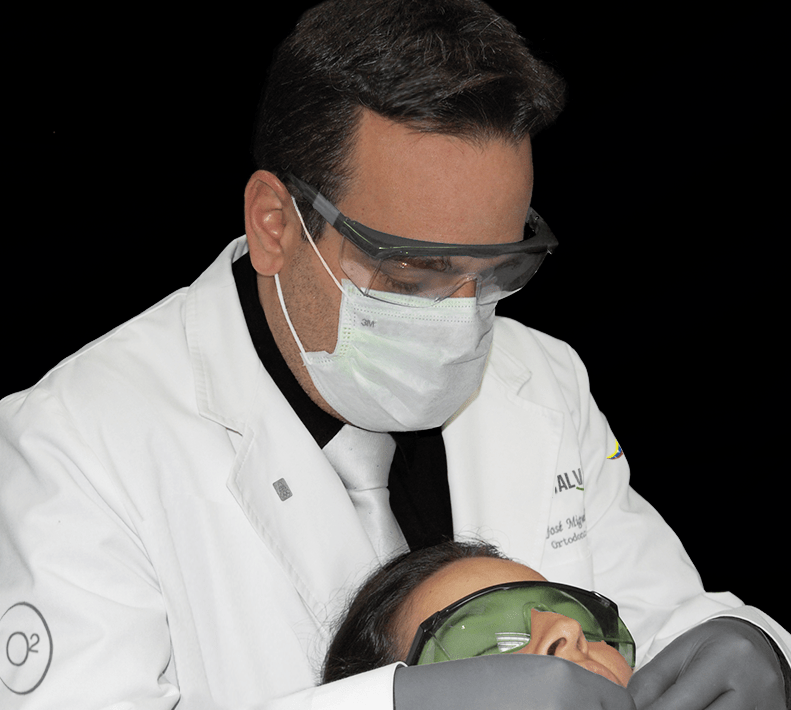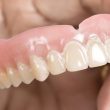Table of Contents
Day after day, Psychology researches continue to show the interesting effects surrounding a simple smile.
But before we jump into the surprising science of smiles, we want to clarify one thing off the bat. Some of the studies that we will talk about next compare authentic smiles to forced smiles. But, how can we tell a real smile from a fake smile? Psychologists have found that a particular set of facial actions give away true smiles. These “genuine smiles” are called Duchenne smiles. These are smiles that engage the muscle around your eyes.
Smiling is associated with many benefits for several reasons. One is that the smile is a reflection of happiness. We already know from countless studies that the happiest people experience a lot of positive feelings. Therefore, the habit of smiling is directly linked to the pleasures of life and personal well-being.
Another benefit is that people are treated differently when they smile. A recent study showed that the more a person smiled in a photo, the more interactions and comments they received on social media. The smile projects closeness, trust and warmth, which stimulates a great empathy with others.
Smiling and Social Health
So smiling is wonderful … but why exactly? Well, as we just saw, smiling projects sympathy and encourages positive interactions. People are more attracted to those who appear happier, even over and above other determining factors like physical attractiveness.
As a result, people prone to demonstrating genuine happiness are likely to enjoy more and better social relationships. This pattern of behavior is probably evident in some of your close family or friends.
One study collected a lot of photos from the yearbook of a small American college for women between 1958 and 1960. Researchers analyzed those photos for signs of genuine smiles. The people in those photos were contacted when they were about 27 years old, 5 years after they were taken. Statistics showed that the highest percentage of married women corresponded to the women who smiled the most in the photos.
They also contacted these women many years later, when they were in their 52s, and found that the rate of marital satisfaction was much higher in those who had smiled the most in the yearbook.
Another study contacted college ex alumni (male and female) and got responses from nearly 500 of them. As in the previous study, they analyzed the yearbook photos for signs of a genuine smile. This study, however, focused solely on divorce. They found a reliable connection between the intensity of the smile in the yearbook photos and the likelihood of divorce throughout life. The people who smiled the most in their yearbook photo were less likely to divorce their partner.
Smiling and Physical Health
It is no secret that happier people tend to be healthier. But can this be related to the smile? Of course, and for proof of this we will take a look at some studies that linked the smile with the longevity of people.
One of them collected photos of more than 200 Major League Baseball players who were active in 1952. They ranked them based on whether the player was showing a genuine Duchenne smile, a commitment smile, or not smiling at all. Then, they collected the death dates of those players. In general, players with genuine smiles in their photos lived longer than those without smiling.
Another recent study yields more data in this regard. The identification photos of some students were analyzed for signs of smiling, and they were asked if they had visited a health center in the last year. The percentage of students who smiled in their identification photos and who had visited health centers in search of preventive medicine, was much higher than that of those who projected a scant and serious appearance. The bottom line was that happy, smiling people often care more about their health.
Smiling and Mental Adjustment
Smiling has also been associated with personal psychological benefits, too. In particular, smiling seems to help people deal with negative emotional events.
One study looked at a group of people who had recently lost a loved one. All of these participants spoke briefly about their relationship with the person who had recently passed away. The researchers watched video of these interviews and analyzed them for signs of genuine smiles. Subsequently, they followed the participants and found that the more they smiled when talking about the deceased, the better they managed their pain 25 months after the event.
Another study showed that students who smiled more during a speech were better able to cope with negative emotions and showed less distress when faced with stressful situations.
Smiling and General Well-Being
This one might seem like a no-brainer. After all, happier people smile more. No one can deny it!
And to show a button. The signs of the smile are able to predict satisfaction with life throughout its evolution. In the previous study, the one that analyzed the yearbook photos and the marriage results, the surveys also included a measure of the degree of well-being. At the time the yearbook photos were taken (when the women were around 22 years old) the more they smiled in their photo, the more they expressed a sense of well-being.
This may not be too surprising, but the more people smiled in their college yearbook photo, the more well-being they felt at age 27, 43, and 52 (when the researchers followed up). In other words, something that captured a simple photo of youth, remained a constant throughout time.
More recently, images were collected from the Facebook profiles of 5,000 first-semester college students, as these photos tend to be more casual than those in yearbooks. Once analyzed for signs of a genuine smile, those responsible for the study contacted these students again, but this time when they were about to graduate.
As in the yearbook study, people who smiled the most on their Facebook profiles (4 years earlier) reported feeling greater satisfaction with their life, compared to those who did not smile. In the same way, they expressed feeling very satisfied with their social relationships.
Smiling and Aggression
To quickly consider a different type of effect of the smile, some research has linked it to the tendency to exercise physical dominance. A smile not only conveys sympathy, it also shows that the person is not hostile or aggressive. In a study of professional wrestlers, researchers linked pre-fight photos to competitors’ success in the ring.
In general, the winning fighters did not smile as much as the losing fighters in their pre-fight photos. When a random sample of people viewed these photos, having no idea of the outcome of the match, they tended to perceive the smiling fighters as weaker or more likely to be defeated. Result: those who do not smile or do so less, are more aggressive, or at least that is how they are perceived.
Smile Increased Happiness…
Most people think that a smile is the result of happiness, not the cause of it. However, there is some evidence that smiling can help you feel happier. As Neurologist Dr. Isha Gupta explains, smiling creates a chemical reaction in the brain that produces dopamine. Low dopamine levels are often associated with depression, while higher levels produce a feeling of happiness.
Multiple studies have shown that participants who smiled the most while watching a cartoon or comedy movie were more likely to perceive the action as funny compared to those with neutral or rejecting expression. This indicates that those who manage to laugh more easily at jokes always enjoy a more positive perception of what is happening, and are happier in life.
Now that you know how powerful your smile can be, it is time to tackle any issues that are keeping you from showing it off. If you feel limited by the presence of stains, gaps, cracked teeth, misaligned or other aesthetic problems; you are less likely to smile and be happy in life.
On the contrary, having beautiful and attractive teeth, you may find excuses to smile at all times, even in the most unfavorable or stressful situations. Take care of your teeth so that you can enjoy all the benefits of a white, healthy and beautiful smile; and that, as we have seen, they go far beyond mere physical appearance.
“The Direct Association Between Smile, Happiness, Well-Being, Physical Health and Emotional Health; It Is a Scientifically Proven and Irrefutable Fact in Our Times”.
DENTAL TIP
Ready to Finally Get the Dental Treatment You Deserve?
All you have to do is send us your dental basic studies so that our professional team can analyze your case and offer you the best treatment option, many times impossible to pay in your home country.
Lower pricing does not always mean reduced quality. DENTAL VIP Specialists are trained in the most modern dental techniques, and we are equipped with state-of-the-art instruments.
We will offer the best price at the best quality for you in dental implants, All on 4, crowns and bridges, oral surgery, zygomatic implants, aesthetic dentistry, endodontics, full mouth reconstruction and other highly specialized treatments.
If you are considering coming to Venezuela for dental work, contact us for more information on how we can help you.
Our WhatsApp Business contact +58 414-9033547 and our email info@dentalvipcaracas.com are at your absolute and complete disposal to make inquiries and provide you with the best possible guidance in Dentistry.












